Yasar died of his injuries on Tuesday, Copenhagen Police confirmed in a statement.
The 31-year-old worked on Radio24syv’s programme ‘Politiradio’ and was about to release his memoir ‘Rødder’ (Roots), written in collaboration with journalist and author Marie Louise Toksvig.
The book sets out Yasar’s route out of organised crime and was published on Tuesday – the day he died of his injuries.
He was shot around 7:30pm on Monday evening on the Hejrevej road in the Nordvest neighbourhood of Copenhagen after leaving a launch event for the book.
“The current police assessment is that at least two shots were fired by one person, who left the scene on foot,” police wrote in the statement on Tuesday.
The suspect was wearing dark clothes, police said. Potential witnesses were encouraged to come forward.
Yasar contacted police in August 2017 after what he said was an attempted assault against him, but had not reported any threats more recently, according to the police statement.

Yasar's book on sale in Copenhagen on Tuesday. Photo: Bax Lindhardt/ Scanpix 2018
Radio24syv’s managing editor Jørgen Ramskov said the crime had deprived Denmark of an important voice in the discussion of organised crime in Denmark, and of the individuals who become involved in it.
“Nedim had nuance and experience of one of the most important questions faced by our society: what should be done about crime and gang crime. Nuance and experience are crucial in this debate,” Ramskov told Ritzau.
“He was an important and mature witness who had broken free and found a way out. Not just for himself, but so he could share his story with others,” he added.

Radio24syv flew its flag at half mast after Yasar's death. Photo: Bax Lindhardt/ Scanpix 2018
Yasar, who was born in Turkey and arrived in Denmark at the age of four, led the Copenhagen-based criminal gang Los Guerreros, according to police.
He quit the gang in 2012 and joined a police programme designed to help young people leave organised crime, after he discovered that he was going to be a father.
Ramskov told Ritzau he felt both sorrow and anger over Yasar’s murder.
“This is just so cowardly and vile. That’s why we must continue where he left off. We have to keep telling these stories,” the managing editor said.
“This is not ‘just’ a killing in a gang conflict. It’s a clear signal from dark forces that we must keep quiet. That’s why it’s so important that we keep speaking out. And speaking loud,” Ramskov added.
Justice minister Søren Pape Poulsen described Yasar's death on Tuesday as “sad and infinitely meaningless”.
“I met Nedim once. I met a man who with all his heart wanted to create a new life and make a difference for others. My thoughts and compassion go to his friends and family,” Poulsen wrote in a tweet.
1/2 Hvor er det trist og uendeligt meningsløst. Jeg nåede at møde Nedim en gang. Her mødte jeg et menneske, der af hele sit hjerte ønskede at skabe sig et nyt liv og gøre en forskel for andre.
Mine tanker og dybeste medfølelse går til Nedims efterladte.— Søren Pape Poulsen (@SorenPape) November 20, 2018
Ramskov said that Radio24syv would continue to cover serious societal issues.
“Nadim was concerned at times and received threats. But he wasn’t scared. He insisted we shouldn’t be scared. That we must insist on being able to speak out.
“We must, for the sake of everything, hold on to that,” he said to Ritzau.
READ ALSO: Gang crime cost Denmark 315 million kroner in 2016: study

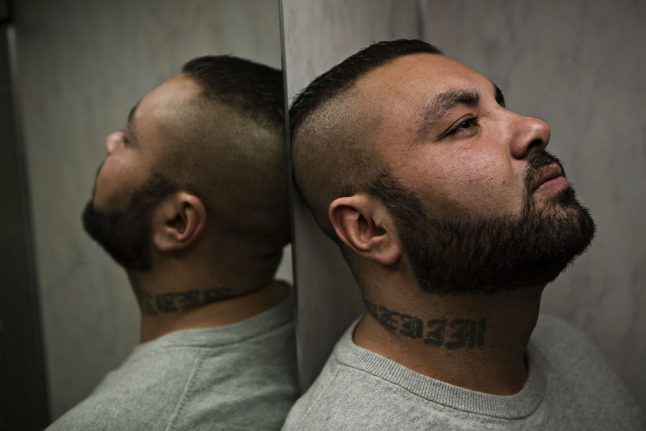
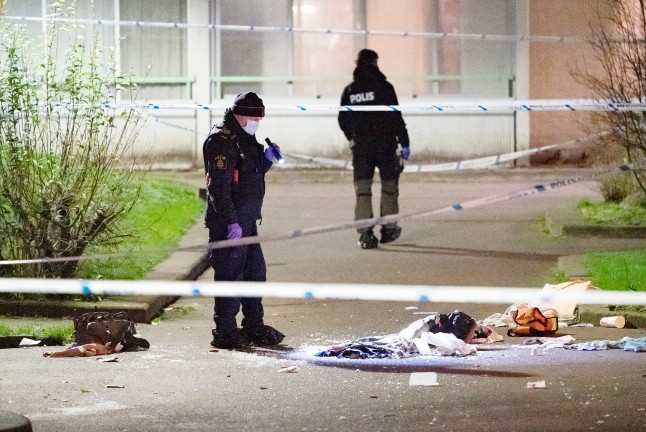
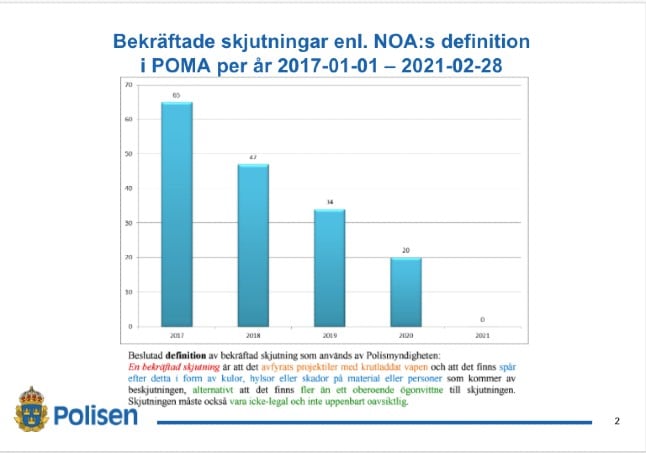
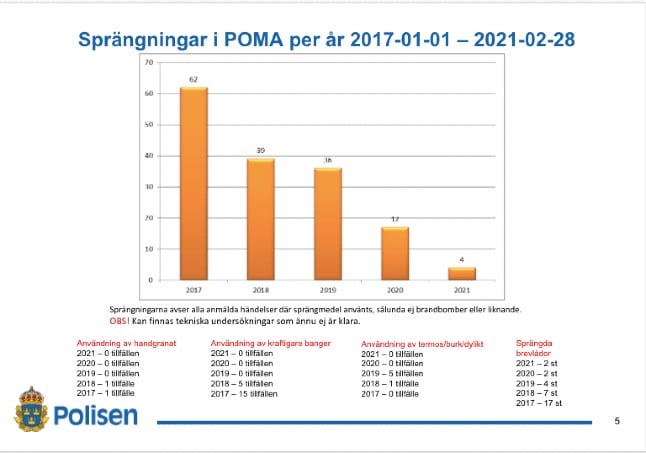
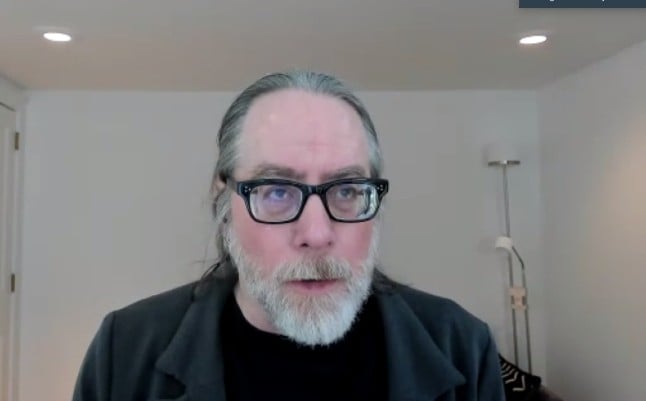
 Please whitelist us to continue reading.
Please whitelist us to continue reading.